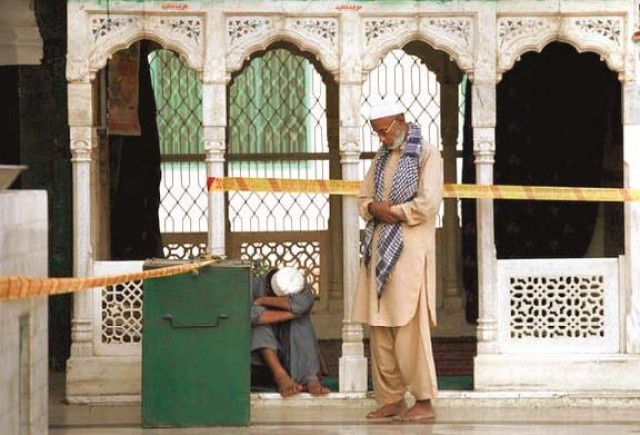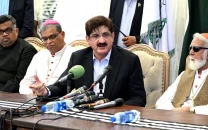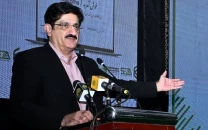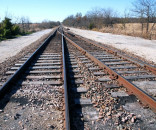Blast survivors forced to help themselves
Residents forced to initiate rescue operations as most rescue services allegedly failed to reach the site on time.

Up until one hour after the blast, CDGK’s Urban Search And Rescue (USAR) - under the administrative control of the municipal services department EDO Masood Alam - was the only service to have reached the scene and started rescue work.
However, a group of men, identified as Manzoor Khan, Jamil Khan, Kaleem, Muhammad Saeed, Bilal and Haris, among others, said that while they were going through the debris, some rescue workers seemed to have stationed themselves at a distance. No government rescue agency helped pull the trapped people out of harm’s way, they said, adding that the residents had helped each other.
However, an official claimed that the people whose families were buried under the rubble had refused to let rescue officials use shovels to go through the debris and find people. They also did not want their belongings damaged in the rescue efforts, he added.
The USAR team - comprising 88 people and 10 trained Labradors - initially swept through the blast site to search for people - dead or alive - who were trapped under the debris while 44 workers and six dogs took part in the rescue work.
After hours of search-and-rescue operations, two people were rescued from the rubble. However, as Friday dawned, chances of finding survivors started to dwindle as the USAR found the body of a seven-year-old boy and pulled it out of the rubble at 9 am. Half an hour later, they pulled out another body.
Defending the role of the Provincial Disaster Management Authority (PDMA), assistant director Jamil Asif told The Express Tribune that as it was established a year ago, it was premature to debate its contribution in the rescue operation. By the end of 2011, the PDMA will acquire the vehicles, manpower and technical expertise to help the victims of such incidents, he said. However, according to Asif, while the PDMA may have been unable to contribute directly, USAR - a subordinate of the PDMA - had played its role in helping the blast survivors.
Intensity of the blast
USAR team commander Muhammad Naeem Yousuf told The Express Tribune that the blast was so loud that he had been able to hear it at a mosque in Nazimabad where he had gone to offer his Isha prayers.
There is a need to upgrade the existing skill, said Yousuf, who added that it should be made mandatory for town municipal administrations to develop trained and well-equipped rescue services that can be employed immediately after any untoward incident.
Activists of a political party said that they were sitting at the party’s office unit in Hijrat Colony - around one kilometre away from the site of the blast - when they heard a deafening sound. Roofs and shutters of shops in the colony were also damaged by the blast.
Moreover, the activists claimed that they had seen a truck parked in the bushes nearby around the time of the blast. They said that they had immediately informed the Artillery Maidan SHO, but the police never came and the truck disappeared after 20 minutes.
Naseer Ahmed Abbasi, owner of the Abbasi Hotel, told The Express Tribune that he had seen a vehicle approach the targeted site immediately after Isha prayers. He had heard firing for around 20 minutes, which was followed by a blast that shook the entire area.
Published in The Express Tribune, November 13th, 2010.



















COMMENTS
Comments are moderated and generally will be posted if they are on-topic and not abusive.
For more information, please see our Comments FAQ